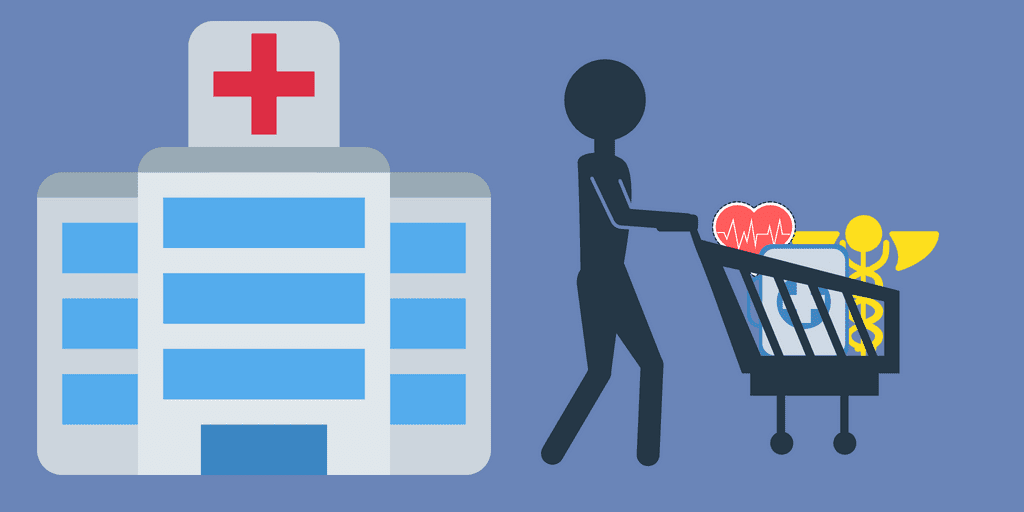Why we do what we do matters more than what we actually do.
The rationale underlying our choices matters more than the choices themselves.
When written so explicitly it appears obvious, yet implicitly throughout our lives we fail to make the optimal choices for our health.
We justify eating foods we know are not good for us.
We justify lifestyle choices we know are harmful long term.
The fault lies not in our decisions, but in the justification for our decisions – our failure to think through and rationalize why we do what we do.
A tendency that plays a greater role in our health outcomes than we realize – that is until of late –with the emergence of population health, we now attempt to improve patient outcomes in situations we previously fell short, by addressing these decisions directly.
But what is population health?
Effectively it is healthcare consumerism – influencing the critical decisions necessary to improve healthcare outcomes, beyond the conversations in the patient encounter, beyond the medication adherence – and into the existential array of subconscious rationale and reactions that coalesce into the healthcare decisions patients make.
There is only so much the healthcare system can do to convince an elderly Hispanic woman to control her blood sugar at her granddaughter’s Quinceañera – inevitably she will eat cake at the event, it is more cultural than medical.
People will make decisions, less as patients, and more as individuals within specific contexts – as a mother, as a daughter, as a friend, as a family member.
In this vein, most healthcare decisions are made not as patients, but as consumers, influenced by the current circumstances – in which the myriad of decisions made have little to do with healthcare as we traditionally understand it.
With so many healthcare systems venturing into population health management, we would expect to see a clear path of success – noticeable improvements in patient outcomes. Yet very few healthcare systems have demonstrated tangible improvements in patient outcomes through population health models of care.
This is because few systems focus on the consumerism aspect of patient decision-making – investing resources into addressing patient decision-making as consumers of healthcare.
Instead we have healthcare systems focusing on systems of alarms and reminders, glorified nudges, to prompt patients into making optimal healthcare decisions.
But like an alarm with the snooze button on repeat, patients have simply ignored these nudges, and continue to make decisions as they always have.
Until population health emphasizes the consumerism aspect of healthcare, and treats patients as consumers – acknowledging most healthcare decisions are made as consumers – population health will remain mostly bells and whistles.
Largely unwelcomed and stuck on snooze.















